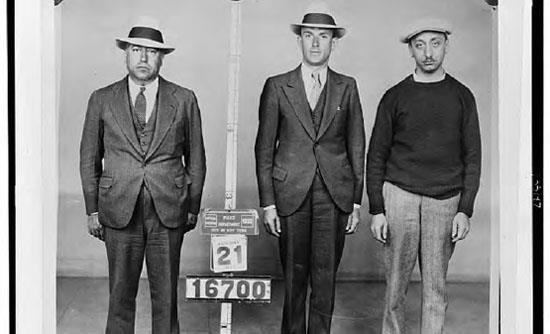People with antisocial personality disorder (ASPD) are characterized by callous and exploitive behavior and by a lack of empathy or remorse. According to DSM-IV, a person with this disorder demonstrates a pervasive pattern of disregard for the rights of others as evidenced by at least three of the following criteria: repeatedly engaging in illegal behavior; frequently lying, using aliases, or conning others for personal profit; impulsivity and lack of future planning; irritability and aggressiveness; reckless disregard for the safety of self and others; consistent irresponsibility, with repeated failures to sustain employment or fulfill financial obligations; lack of remorse as evident in indifference to, or rationalization of, hurting, mistreating, or stealing from others. This definition has been criticized, however, for being too focused on behavior instead of personality traits, and for requiring evidence of conduct disorder (a childhood variant of ASPD) before the age of fifteen.

Do Mafia bosses have abnormal psychological traits? Would they be diagnosed with either antisocial personality disorder or psychopathy, the personality disorders characterized by criminal behavior? Their criminal behavior would certainly meet some criteria for both antisocial personality disorder and psychopathy, but the fact that they operate within a subculture distinguishes them from the kinds of criminals that act alone. Within the culture of organized crime, they would probably not be considered psychologically abnormal (Library of Congress).

